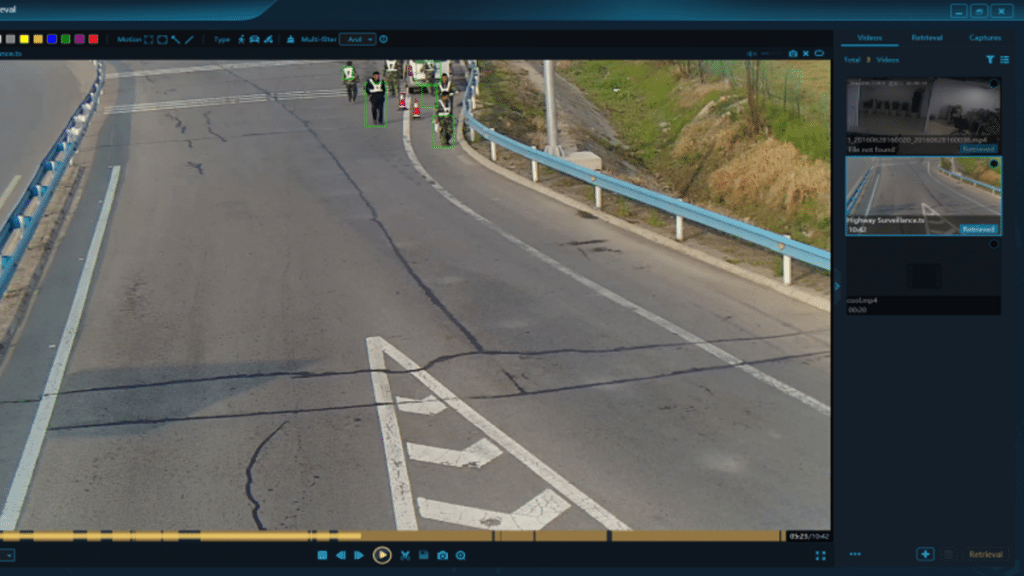In the fast-paced world of digital investigations, having the right tools at your disposal is paramount. As technology advances, so too do the methods and software used in computer forensics. To stay ahead of the curve in 2024, it’s essential to be aware of the top computer forensics software tools available for forensic professionals. Let’s delve into some of the cutting-edge options shaping the landscape of computer forensics this year.
Computer Forensics Software Tools
1. Autopsy:
Autopsy is a digital forensics platform that offers a wide range of features for analyzing disk images, smartphones, and other digital media. Its intuitive interface and powerful capabilities make it a favorite among forensic investigators.
2. EnCase:
EnCase by Guidance Software is another industry-leading forensics tool trusted by law enforcement agencies and corporate investigators alike. With its comprehensive analysis capabilities and court-proven reliability, EnCase remains a top choice for digital forensic professionals.
3. Sleuth Kit:
Sleuth Kit is an open-source toolkit for digital investigations. It provides command-line tools for analyzing disk images and file systems, making it a valuable resource for forensic experts seeking flexibility and customization in their workflow.
4. VIP 2.0:
SalvationDATA‘s VIP 2.0 (Video Investigation Portable) represents a significant advancement in video forensics technology. This comprehensive tool offers state-of-the-art capabilities for video acquisition, recovery, and analysis from various sources, including CCTV DVRs and video surveillance systems.
6. AccessData FTK:
AccessData Forensic Toolkit (FTK) is a comprehensive digital investigation platform that offers powerful processing and analysis capabilities. Its user-friendly interface and robust features make it a favorite among forensic professionals worldwide.
7. Volatility Framework:
Volatility is an open-source memory forensics framework used for analyzing volatile memory (RAM) dumps. It enables investigators to extract valuable information such as running processes, network connections, and registry hives from memory dumps, aiding in the investigation of advanced cyber threats.
8. Wireshark:
Wireshark is a widely-used network protocol analyzer that allows forensic analysts to capture and inspect network traffic in real-time. Its comprehensive filtering and analysis capabilities make it an essential tool for investigating network-related security incidents.
9. Magnet AXIOM:
Magnet AXIOM is a computer forensics service platform designed to streamline the investigation process. With its integrated analysis features for mobile, computer, and cloud evidence, AXIOM empowers investigators to uncover digital evidence efficiently.
10. Oxygen Forensic Detective:
Oxygen Forensic Detective is a powerful mobile forensic tool used for extracting and analyzing data from smartphones, drones, and IoT devices. Its advanced parsing capabilities and support for a wide range of device models make it a valuable asset in digital investigations.
Conclusion
In conclusion, the field of computer forensics is evolving rapidly, driven by advancements in technology and the increasing complexity of digital crimes. By leveraging the top software tools available in 2024, forensic professionals can enhance their investigative capabilities and stay ahead of emerging threats.


